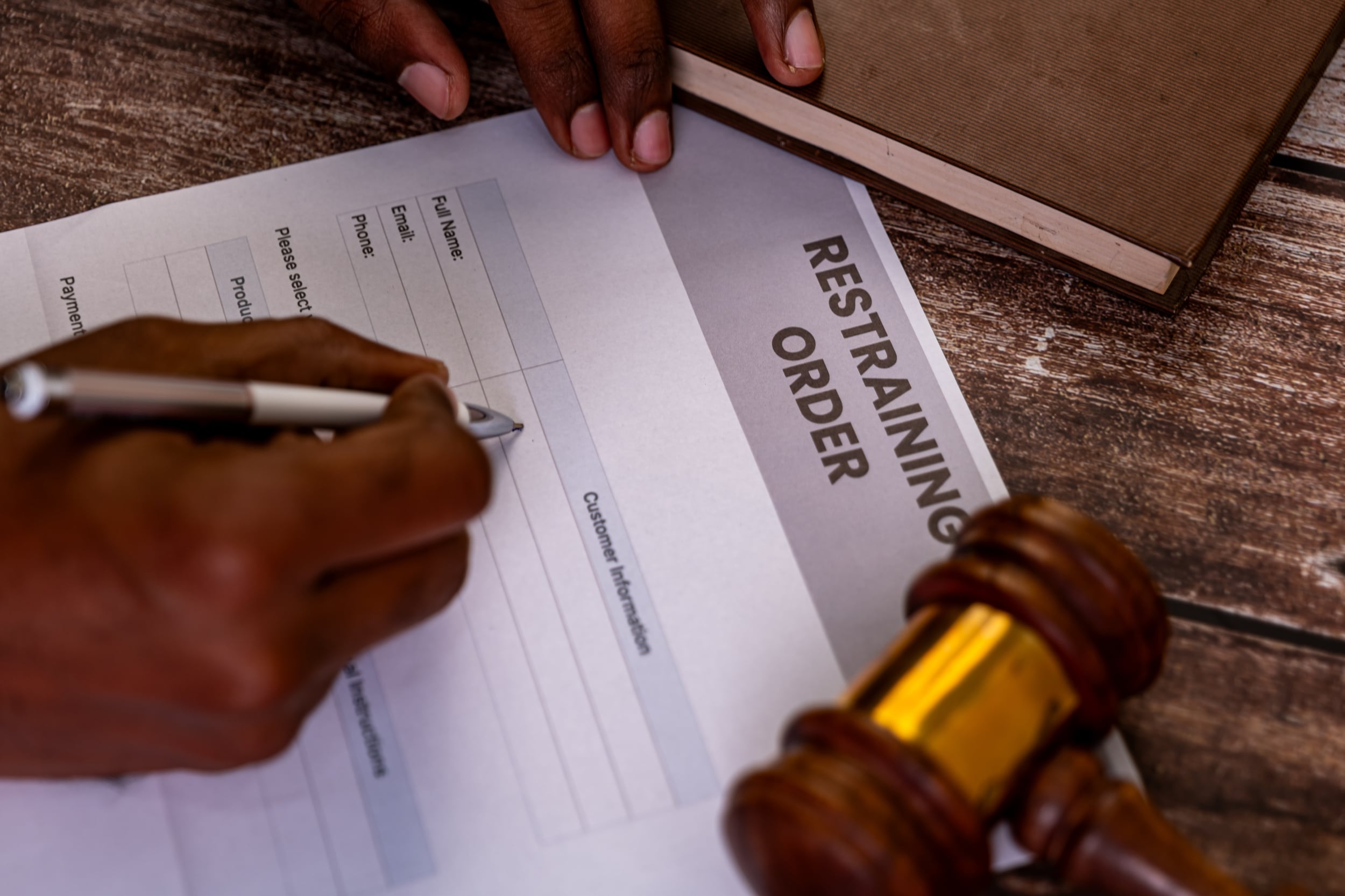
The Hidden Weapon in Real Estate Disputes
Imagine this—you buy a commercial property, expecting smooth ownership, but months later, a previous owner’s relative claims they have legal rights to it. You scramble to find documents proving otherwise, but missing paperwork and unclear agreements put your investment at risk. This scenario isn’t uncommon in real estate litigation. Property disputes, boundary conflicts, landlord-tenant disagreements, and contract breaches often come down to one key factor: documentation. The difference between winning and losing a case can hinge on whether you have the right records, contracts, and evidence.
This guide explores why precise records are essential in real estate litigation, common legal disputes, and how a real estate litigation attorney can help you secure a winning case.
1. Why Precise Records Matter in Real Estate Litigation
When real estate disputes arise, courts rely heavily on documented proof. Even if you believe you’re legally in the right, without solid records, your case weakens.
How Strong Documentation Helps:
✔ Proves ownership and agreements – Ensures that titles, deeds, and contracts are legally binding.
✔ Prevents fraudulent claims – Protects against forged documents or disputes from third parties.
✔ Speeds up legal proceedings – Courts favor cases with clear, organized evidence.
✔ Strengthens negotiation power – A well-documented case often leads to faster settlements.
???? Example: In a 2020 California case, a real estate investor lost a property line dispute because they failed to provide a recorded boundary agreement, allowing their neighbor to claim ownership of the disputed area.
2. Common Real Estate Litigation Disputes (and How Records Help)
A. Title and Ownership Disputes
Problem: Two parties claim ownership of the same property, often due to missing or conflicting title records.
✔ Key Records Needed: Property deeds, title insurance, sale agreements, property tax records
✔ How It Helps: Proves clear ownership and prevents fraudulent claims.
???? Case Study: In 2019, a California couple discovered their property deed had two conflicting owners due to a clerical error in county records. The case was resolved in their favor because they had multiple copies of the original deed and payment records.
B. Breach of Contract in Real Estate Deals
Problem: One party fails to uphold their part of a contract, such as non-payment, failure to deliver property, or misrepresentation.
✔ Key Records Needed: Signed contracts, email communications, bank transfers, inspection reports
✔ How It Helps: Proves contractual obligations and financial transactions.
???? Example: A real estate developer sued a seller for failing to disclose structural damage in a commercial building. Thanks to emails discussing the issue before the sale, the developer won the case.
C. Landlord-Tenant Disputes
Problem: Evictions, unpaid rent, lease violations, or property damage disputes between landlords and tenants.
✔ Key Records Needed: Lease agreements, rent payment records, maintenance requests, eviction notices
✔ How It Helps: Provides clear terms of rental agreements and payment history.
???? Tip: Always keep a signed lease agreement and a log of rent payments to avoid legal trouble.
D. Boundary and Easement Disputes
Problem: Neighbors or developers dispute property boundaries, often due to unclear maps or outdated agreements.
✔ Key Records Needed: Land surveys, property line agreements, county records
✔ How It Helps: Establishes legal property boundaries and prevents encroachment claims.
???? Example: A California homeowner won a lawsuit when they presented a 1998 land survey proving their fence was within their property lines.
E. Construction Defects and Real Estate Fraud
Problem: Buyers discover structural issues or hidden defects after purchasing a property.
✔ Key Records Needed: Inspection reports, purchase agreements, repair records, communication logs
✔ How It Helps: Proves whether a defect was disclosed and who is responsible for repairs.
???? Tip: Always get a third-party inspection before buying property and keep all reports.
3. How to Strengthen Your Real Estate Case with Documentation
Even before a dispute arises, taking proactive steps can protect you from future litigation.
✔ Keep Multiple Copies: Store important documents both physically and digitally.
✔ Ensure Contracts Are Signed & Notarized: An unsigned contract can be challenged in court.
✔ Maintain a Timeline of Events: Documenting key dates and conversations strengthens your case.
✔ Photograph Property Conditions: Before and after pictures serve as visual evidence.
✔ Get Legal Assistance Early: An attorney can help draft airtight contracts and prevent legal risks.
???? Example: A landlord successfully evicted a tenant for non-payment by presenting a complete record of missed rent payments, signed lease agreements, and warning notices
4. The Role of a Real Estate Litigation Attorney
While strong documentation is critical, navigating real estate litigation requires expert legal guidance. A real estate litigation attorney can:
✔ Review contracts to ensure legal protection
✔ Negotiate settlements before disputes escalate
✔ Represent you in court if litigation becomes necessary
✔ Investigate fraudulent claims or document forgery
✔ Advise on state-specific real estate laws
???? Tip: Hiring an attorney early can prevent costly legal battles and protect your property rights.
Key Takeaways: Winning Your Case with Strong Documentation
✔ Proper records are your best defense in real estate disputes.
✔ Common real estate litigation cases include title disputes, contract breaches, boundary issues, and tenant conflicts.
✔ Key documents like contracts, emails, property deeds, and payment records are essential evidence.
✔ Being proactive with documentation prevents legal risks before they arise.
✔ A real estate litigation attorney strengthens your case by navigating complex legal issues.
Protect Your Real Estate Investment Before Disputes Arise
Real estate is one of the biggest financial investments you’ll ever make. Whether you’re a buyer, seller, landlord, or investor, having the right documentation and legal strategy is crucial to protecting your assets.
If you’re facing a dispute, don’t wait—consult a real estate litigation attorney today to ensure your rights, records, and investments are secure.





